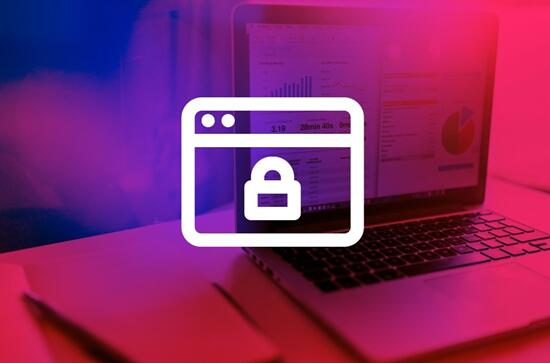Must-see for Children’s Day: general knowledge of internet security that children need to know
2016-06-01A tendency of lower age in the structure of netizens has emerged. The number of Chinese netizens under the age of 10 has reached 10 million currently and exceeded 140 million of age between 10 to 19. Children born in the era of internet have contact with internet and even get too dependent on it. They have accounts of game and social media, Wechat group and QQ group. Even teacher use internet to give assignments to students. Internet has become a part of children’s study and life. However, how much internet security knowledge do they know and how can they effectively protect themselves when facing the intricate and complex internet world? The special topics of Children’s Day presented by WoSign: teach children some essential common senses of internet security from the aspects of privacy security, password security and net-surfing security.
General knowledge of privacy security

1) Do not tell your net friends at will your real name, ID number, address, phone number, school name and other personal private information or private information of your parents, relatives and friends.
2) Do not rashly submit your real information on a website unless it is bank site or famous e-commerce site.
3) HTTPS indicated the website is encrypted, HTTP indicates the other way round. Confirm whether the webpage has used HTTPS encryption when input important information.
4) Famous websites will use HTTPS encryption certificate in important pages. When you log in a well-known website, pay attention to the address to see if it’s HTTPS to prevent from entering a phishing site.
5) Do not connect Wi-Fi that has no password in public place. This kind of Wi-Fi is probably set by lawbreakers to steal important information from users.
6) Find out the sharing mechanism of the social tools you are using and set your private sharing principle to avoid posting private information when it can be seen by everyone.
7) Baidu or Google your real name at regular intervals. Delete the private information if you find it leaked immediately. If the information is posted in a third-part website, you can contact the website party and ask them to delete.
General knowledge of password security

1) Use password with sufficient length. It is better to be the combination of uppercase and lowercase letters, numbers and special signs.
2) Do not use password involved with your personal information like birthday, phone number, ID number, house number and name shortening. It will be easy to guess for people who know you well.
3) Do not use password which contains English words of special meaning like software, hello and hongkong. It is better not to use individual word as your password or add symbols to it so that it is less possible to be cracked.
4) Do not use the same password for all your accounts. You can add different prefix to it.
5) Change your password often, especially in a suspicious circumstance.
General knowledge of net-surfing security

1) Avoid downloading program from personal site or strange site whenever possible for it may have virus or back door.
2) Do not run unfamiliar executable file, especially little games that seem to be interesting.
3) Do not add strangers to the friend list of your QQ at will. Do not accept their chatting invitation as you pleas in case of interface attack.
4) Do not open the attachment from stranger’s email at will for it may be Trojan or back door tool.
5) Do not visit suspicious sites because many loopholes of IE can let malicious website editors read the sensitive files in your device.
